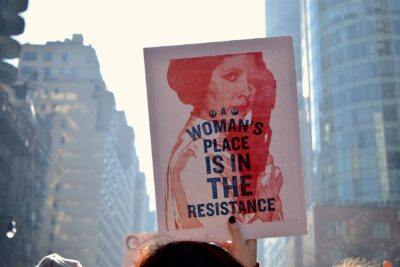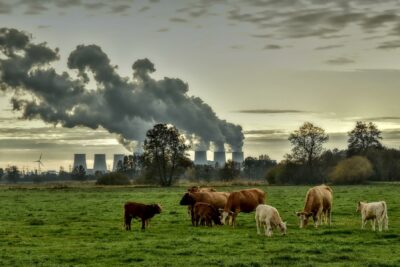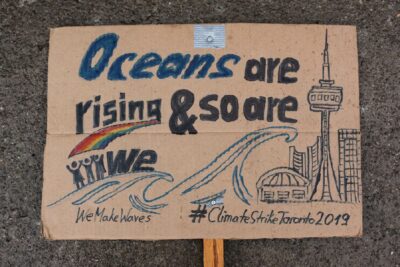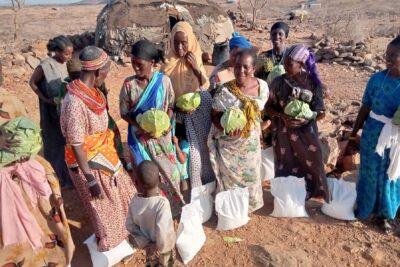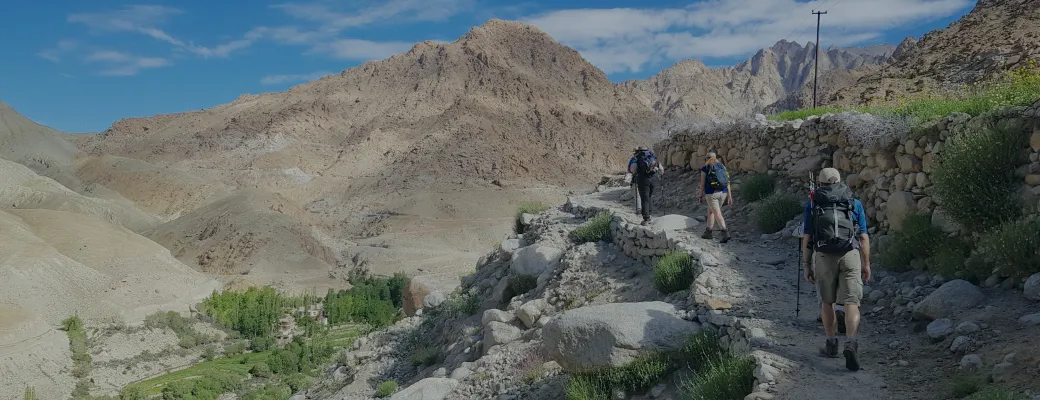Social justice issues are intertwined and often have their roots in the same discriminatory and oppressive systems. When we really think about our role in the world, we can see that the choices we make can be a force for good or they can inadvertently help sustain a world we would rather didn’t exist.
What Is Social Justice?
It is the belief that everyone deserves fair and equal treatment, that no one should be penalized or discriminated against, and that decisions made that affect us should be fair, transparent, and made with good intentions. In short, it is the concept that each of us matters.
What Are the Social Justice Principles?
Some of the guiding principles of social justice are:
- Human Rights: These are rights afforded to every individual no matter their personal characteristics, preferences, or identities.
- Access: This means access to food and water, shelter, safety, education, and opportunity.
- Participation: That no decisions are made about us without us.
- Equity: That systemic barriers are removed and policies enshrined to ensure every individual is treated fairly and equitably.
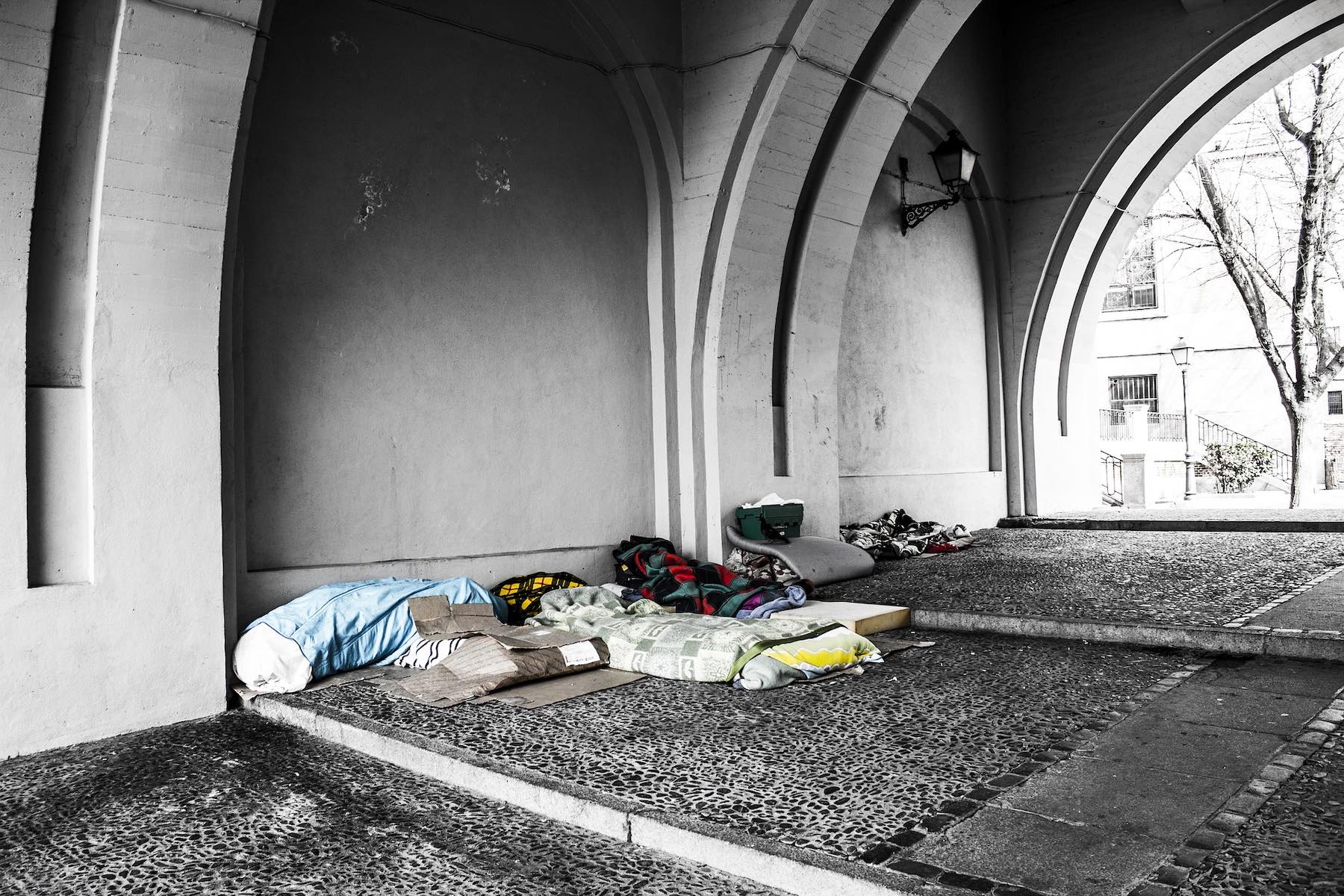
What Are the Types of Social Justice?
There are people from many sociological categories who experience both interpersonal and systemic discrimination. And when certain identities overlap, the discrimination experienced can be multiplied. Some of the most commonly oppressed and marginalized identities include those relating to:
- Race
- Gender
- Age
- Sexual orientation
- Religion
- Nationality
- Education and class
- Mental and / or physical ability
10 Social Justice Examples
1. Climate Justice
Climate justice seeks to highlight the fact that it is the wealthy nations that have caused the climate crisis but it is the less wealthy peoples who suffer its impacts most severely. The aim of climate justice is to drive meaningful action by shining a light on this fundamental injustice.
2. Refugee Crisis
With wars fought for power and oil, with corruption and capitalism keeping so many in abject poverty, and with the devastation wreaked by climate breakdown, it is no wonder people leave their homeland in search of a better, safer, more prosperous life. Refugees are deserving of our compassion and our empathy. After all, if we were in their position, wouldn’t we do the same?
3. Healthcare
In the United States, healthcare is highly politicized. Those who can afford insurance receive treatment while those who cannot may suffer and even die unnecessarily. Why is one person deserving of treatment just because they have a well-paid job while those who earn less, or are unable to earn at all, are not afforded this same fundamental right?
4. Racial Justice
We may have laws to prevent racial discrimination but there is no doubt that Black and Brown people still routinely experience racism. It is systemic, such as in policing or workplace hiring; it can be overt and violent such as in physical, often fatal, attacks; and it can be seen in the daily microaggressions that seek to demean, hurt, and ostracize.
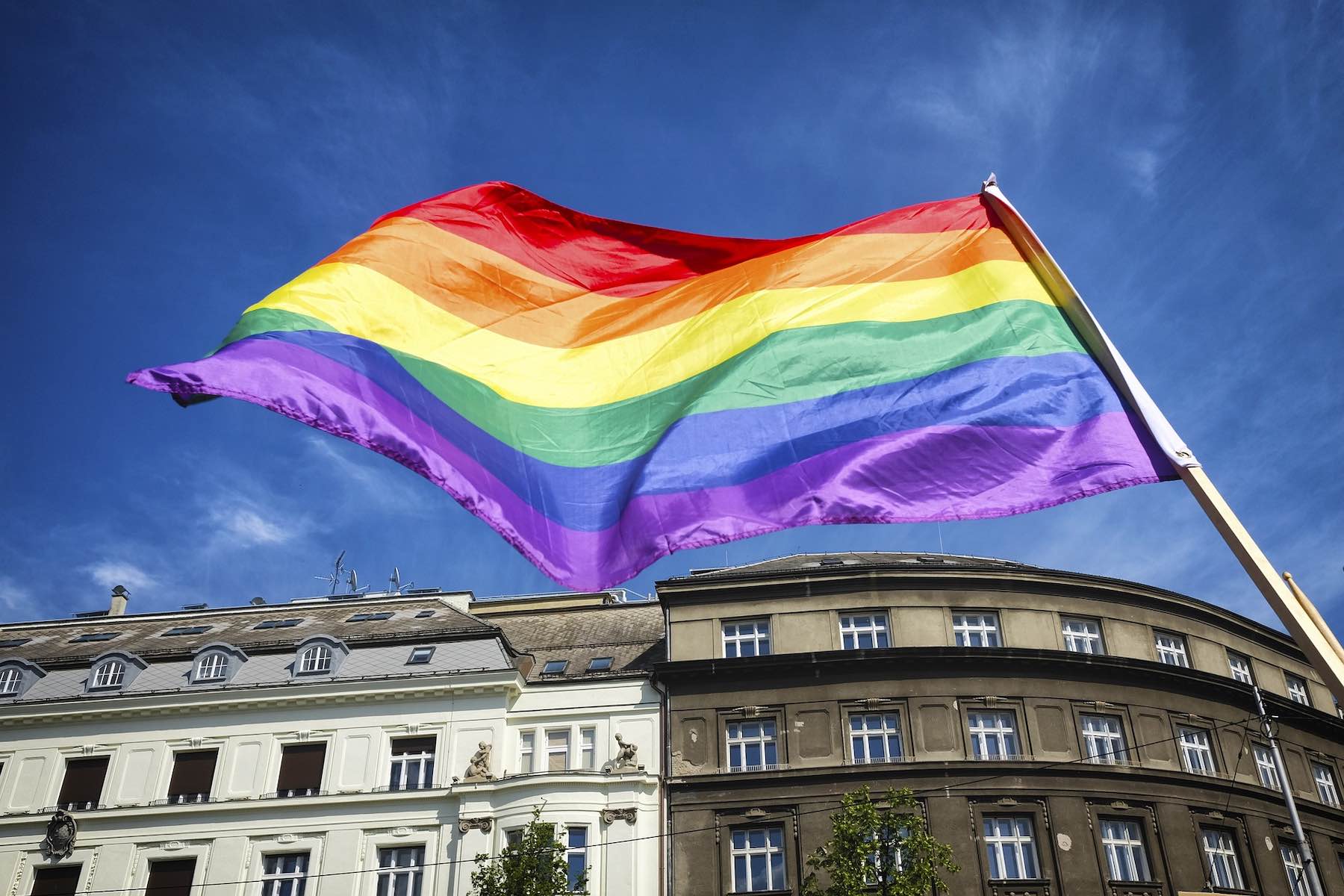
5. LGBTQIA+ Oppression
Despite some progress, discrimination of LGBTQIA+ people continues. In some countries, people are killed by the state simply for loving who they love or speaking up for LGBTQIA+ rights. Even where laws do exist to protect people, physical attacks, bullying, and discrimination are all too common.
6. Speciesism
This is the discrimination against others based on them not being human, or not being of a species valued by humans. We see this in how farmed animals are treated so appallingly that anyone treating a dog this way would be jailed. Speciesism is all around us: animals are treated as food, as entertainment, as test subjects in laboratories. They are routinely seen as ‘less than’ humans, and therefore expendable and disposable commodities. In reality, they are other beings with rights and desires, and with whom we share the planet.
7. Ageism
As we get older, discrimination can increase. Older people may not be offered certain roles at work, may not be able to secure housing, and their opinions may be dismissed. People often assume certain things about older people instead of taking the time to listen and understand them, and too often they write off their abilities and experiences.
8. Sizeism
Unfortunately, we are living in times where even our own bodies are publicly discussed, commented on, and criticized. It is deeply hurtful. If we live in a larger body, we are likely to be judged in many negative ways, and may lose opportunities, work, and friendships as a result. But our bodies are not public property; they are ours alone.
9. Hunger and Food Insecurity
In a world where billionaires race each other to get into space, there are 205 million people experiencing acute food insecurity who are in need of urgent support. We believe that having access to sufficient nutritious food is a basic human right. No one should be hungry.
10. Equality for All
No matter who we are, what we look like, our physical or cognitive abilities, our preferences, our species, or where we live, everyone should be able to live without being stigmatized, marginalized, deliberately harmed, or oppressed. Everyone should be able to have a life worth living.
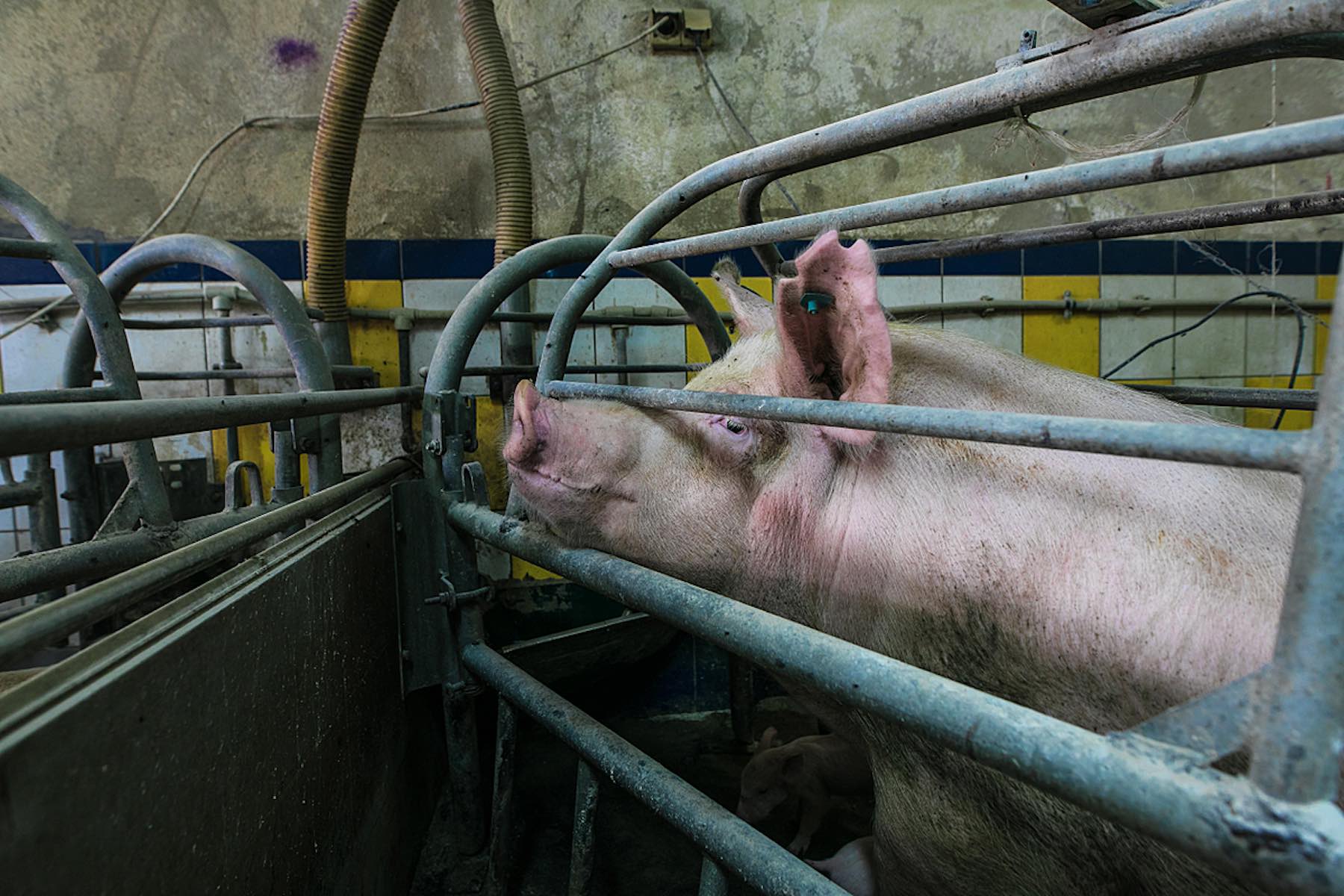
How Does Veganism Fit Into Social Justice?
It would take a fraction of the existing farmland to feed the global population on a plant-based diet. When we eat this way, we can provide healthy, nutritious, affordable foods for the whole world, and at the same time heal the land and return much depleted farmland to nature.
Farming plants for human consumption instead of raising animals is good for our health, reduces the risk of viral pandemics, while ensuring antibiotics are not squandered but continue to work their life-saving magic.
If we all ate a plant-based diet, we could end deforestation and halt the displacement of Indigenous peoples from their land. We would also drastically reduce our climate and ecological impact, leaving our own part of the world healthier and safer, while protecting more vulnerable areas where people stand to lose their homes, livelihoods, and lives when extreme weather events occur.
When we eat meat, milk, and eggs, we use a disproportionately large amount of water, land and feed. When we take so much for ourselves, we leave others without. But when we eat plant-based, we are saying: “I won’t take more than my fair share; I will do what I can to protect this planet and future generations; and I will not choose foods that cause deliberate harm and suffering to others, whether they are people or animals.”
For all these reasons and more, veganism is at the very intersection of many social justice movements.
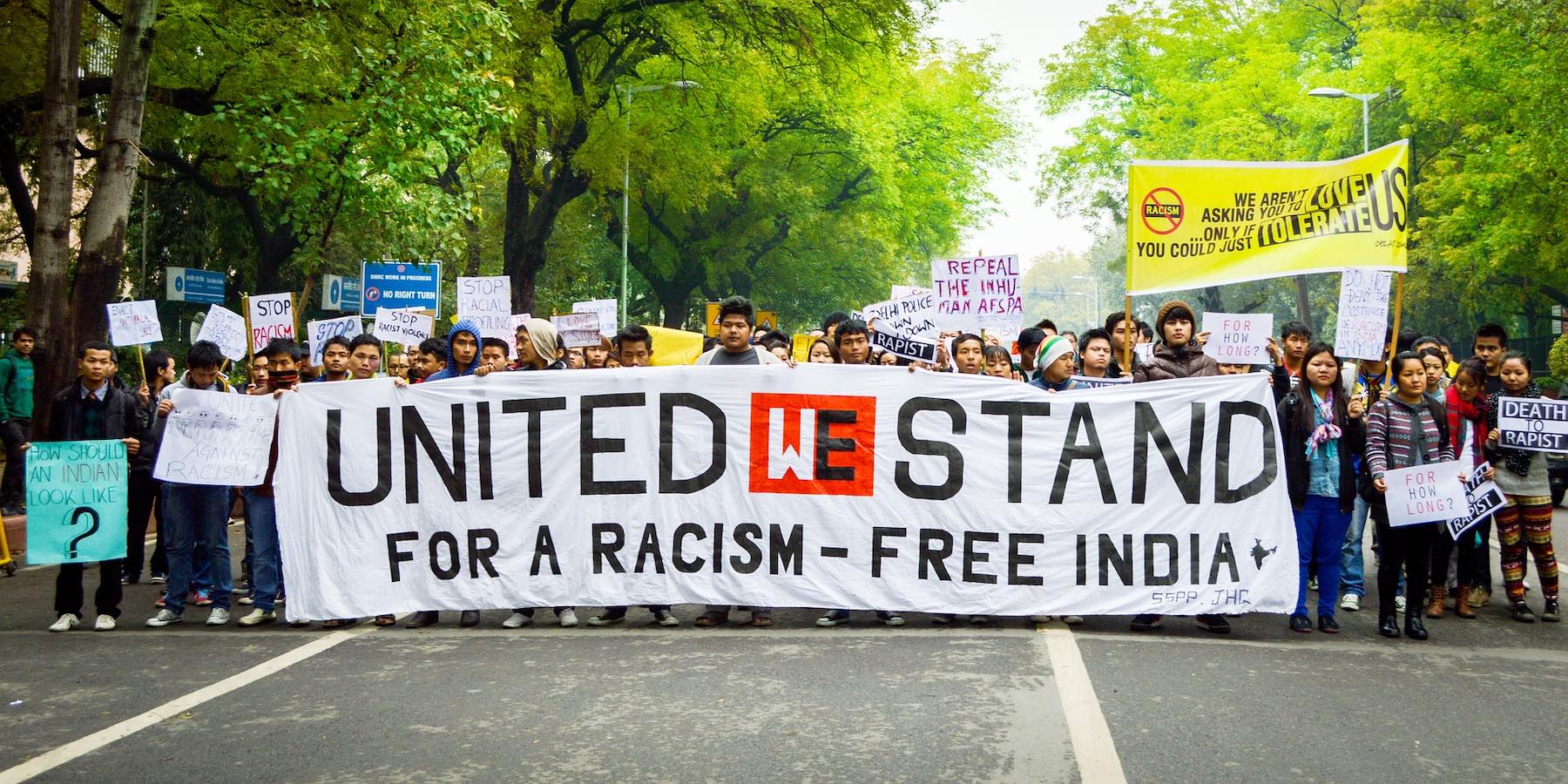
How To Increase Your Understanding of Social Justice?
So much is affected by the foods we eat. Our food choices impact our community, Indigenous peoples and communities all around the world, wild places, wild animals, trees, the oceans and rivers, our atmosphere, the climate, public health, and so much more. When we recognize this, we can see how the decisions we make can support or deny social justice. So, how do we learn more?
Examine Your Beliefs and Habits
One of the hardest things to do is to look at ourselves, at our own behaviors and beliefs, and assess if we are living in line with our beliefs. We can ask: Are we buying from sweatshops? Are we accidentally funding regimes or companies we do not agree with? Can we do better?
Educate Yourself About Social Justice Issues
There are so many powerful social justice books, articles, social media channels, and documentaries. Discover them, see how everything connects together, and how making changes in one area of your life can send positive ripples out into the world.
Change What You Eat
Meat, milk, and eggs are the products of suffering, and drive ecological breakdown. Their production uses too much land, water, and energy and creates serious public health risks. To live a more just and compassionate life, we can make different food choices. Often, it is as simple as choosing a plant-based burger or milk. These taste just the same but come without the serious ethical and environmental impacts.
Discover Your Local Organizations
There is so much we can do in our own communities. For example, we can volunteer with food banks, support a local community event or project, join a faith-based group that supports marginalized people, volunteer at an animal sanctuary, or spend time with an older person who may be experiencing loneliness. Find out which groups exist in your local area and see if you can help them.
Read Our Blogs
We have written extensively on different social justice movements and ideas, and have commissioned guest blogs from some excellent writers, too. To get you started, we recommend:
- What Is Climate Justice? Examples and Possible Solutions
- Disabled Guide to Veganism
- A Call to Queer Compassion
- Our Oppression is Interconnected
- Creating an Inclusive Movement for Fat Vegans
- Environmental Racism: What Is It & What Are Some Examples?
Speak Up
We must never allow an injustice to pass without speaking up if it is safe for us to do so.
In an exclusive and very moving interview with GenV, actor James Moore talked about the importance of speaking up for others. Watch his film!
Elevate Voices and Experiences of Marginalized Communities
Where other people have lived experience of injustice and marginalization, raise them up. Let others read, see, or hear from them, and help them understand the perspectives and experiences of others.
Be Kind, Understanding, and Compassionate
We can never know what others may be going through, so while we advocate for a kinder world, we can put our principles into practice. Let’s encourage, motivate, and support as we strive to do better in the world.
Support Minority-Owned Businesses Locally and Online
People from minoritized communities may experience discrimination routinely, and this can impact every aspect of their lives, from healthcare outcomes and education to income and quality of housing. We cannot undo the injustices of the past, but we can try to help level up now.
Support Artists, Writers, and Musicians Who Speak Out Against Injustices
Artists across a range of genres and disciplines use their work to highlight injustices. We can take the time to experience their work, share it, and recommend it to others. Often, when we come to a subject via an artist we love, the message comes through powerfully and in very clear focus.
Attend Demonstrations and Protests
If we are able, we can add our physical presence to a campaign by attending a demonstration or a protest. Make a homemade placard and take to the streets!
Vote
Not all politicians are the same! Social justice issues progress faster when our elected leaders care about all sections of society, our planet, and non-human animals. Do your research and use your vote wisely. You can multiply your impact by volunteering to support your progressive local candidate.
Invest Responsibly
If you have investments, don’t just hand over decisions about what they fund to others. Set out your ethical boundaries and stay informed as to where your money is going.
Donate if You Can
If you are able to spare a little money, donate to causes close to your heart. If you donate to groups that take an intersectional approach, your dollar will be working for good on many levels.

Conclusion
There are many social justice movements that work hard to improve the world for us all: human rights, climate justice, and animal rights are all closely connected, and when we choose a vegan diet, we are having a significant impact across all three.
If you’re interested in knowing more, why not sign up to one of our 7-Day Vegan Challenges now? You can choose a challenge that focuses on The Planet, Humanity, Health or Animals.
